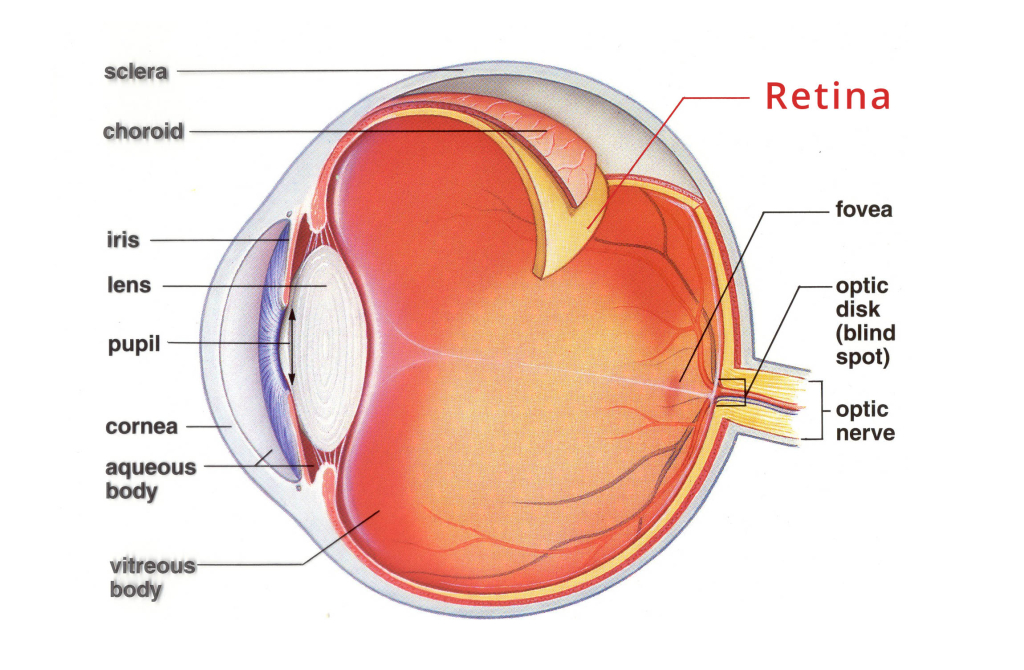National Diabetes Month | Hill Vision | St. Louis Eye Doctors
This month we turn our attention to a systemic disease that affects almost 10% of the U.S. population – nearly 30 million Americans. Diabetes has also reached epidemic proportions internationally and is a huge health problem in many countries around the world. Observing National Diabetes Month every November is an attempt to raise awareness about the potential health risks, treatment options, and most current recommendations for treatment of diabetes.
Diabetes can potentially cause numerous health problems, including eye problems, loss of vision, and blindness. At Hill Vision Services, we perform diabetes screening exams and diabetic eye checkups every day – thousands every year. Our doctors are not only skilled in the diagnosis and management of diabetic retinopathy, but can also recommend referrals to appropriate specialists, if and when such treatment is needed.
How serious is the diabetes epidemic?
Diabetes is the 7th leading cause of death in the United States and the most common cause of blindness in working-age Americans. It is also the leading cause of kidney disease and a major risk factor for disastrous health problems such as heart attacks and strokes.
How does diabetes cause damage to our bodies?
A detailed description of the pathophysiology of diabetes is beyond the scope of this blog, but in simple terms, diabetes is a problem with the body’s ability to process and store away the food that we eat.
Through the process of digestion, everything that we eat is broken down into the most basic pieces – basic carbohydrates, or sugars, proteins, and fats. Once the food is broken down into these small, microscopic parts, the parts are absorbed into the blood stream and travel through the body’s blood vessels, either to be used as fuel or to be stored away in the body’s tissues for later use.
In people with diabetes, the simple sugars that are in the bloodstream (these are the result of carbohydrates in our food that are broken down during digestion) remain elevated because the body does not process and store them away properly. Thus, the blood sugar remains elevated. When these sugars in the blood stream remain elevated, a slow process of damage to the small blood vessels throughout the body begins to occur.
This damage is cumulative, meaning that it is occurring day-in and day-out for some diabetics over many years. Damage to the small blood vessels in the kidneys can eventually lead to kidney damage and failure. Damage to the small blood vessels that supply the nerve endings in our fingers and toes causes loss of sensation and neuropathy.
Damage to the small vessels in the heart and the brain over time can lead to heart attacks and strokes. This process is repeated in virtually every organ system in the body, which explains why diabetes can cause so many different kinds of health problems.
How does diabetes cause eye damage and blindness?
To continue the similar explanation about other organ systems above, diabetes primarily causes eye problems by leading to damage to the small blood vessels in the eye. There is a very important part inside the eyeball itself, known as the retina. The retina contains many small blood vessels that help to supply it with oxygen and nutrients from the blood stream.

Progressive damage to the small blood vessels of the retina from diabetes can lead to leakage of fluid and blood from these vessels, as well as growth of new, abnormal blood vessels. The more damage occurs to the retina, the more severe the problem becomes. Some of the changes and damage to the retina are permanent and can lead to irreversible loss of vision.
Because of the potential for severe eye damage and loss of vision, the American Diabetes Association recommends that all patients have regular, annual dilated eye exams for monitoring. Some people who have begun to develop retinal damage from diabetes – also known as “retinopathy” – may require more frequent monitoring or treatment to prevent vision loss.
Management of diabetes can be an everyday struggle for many patients. It requires careful attention to diet and exercise habits, good communication between patients and their doctors, and often medications to prevent uncontrolled rises in blood sugar levels.
The National Diabetes Education Program (NDEP) website is an excellent resource for patients who would like to learn more about diabetes and the management of this potentially devastating disease:
http://ndep.nih.gov/partners-
For more information about the prevalence of diabetes and how diabetes can affect your health, you can click on and download the PDF below.
How Diabetes Affects Older Adults Infographic
Beginning this month in our office, we will begin handing out a form with information on the basic recommendations for management of diabetes. I like to call this the “ABC’s of Diabetes” form because the mnemonic can help patients remember the important and basic ways to track how well they are doing with their own diabetes management.
Download “ABC’s of Diabetes” form here.
As always, if you have questions or comments about this topic or any of the other we have covered, feel free to post them here on the blog or contact me, Dr. Geoffrey Hill, directly at gmauricehill@gmail.com.
Interested in a diabetic eye check up? Contact Hill Vision Services at any of our three St. Louis area locations!


Leave A Comment
You must be logged in to post a comment.